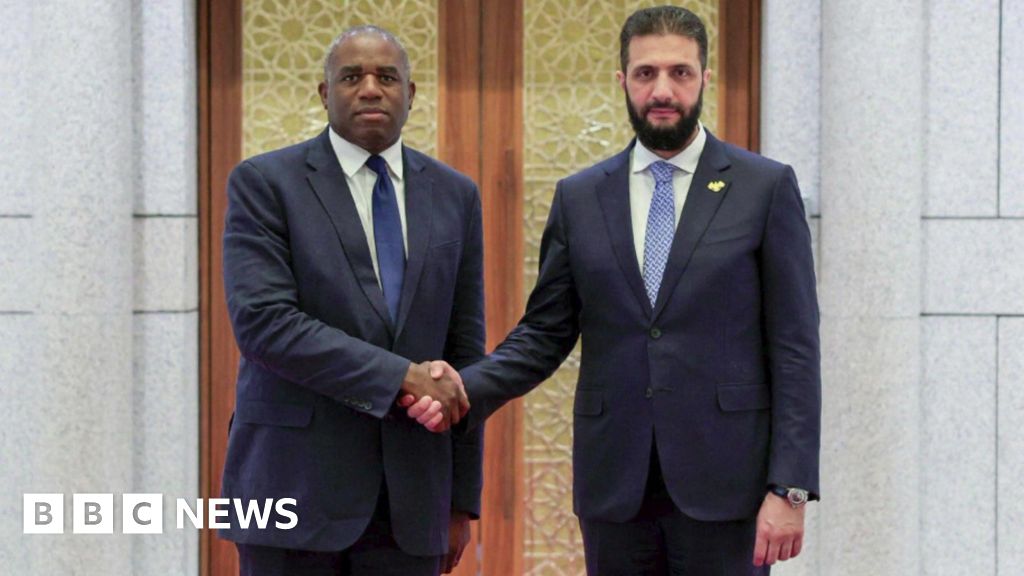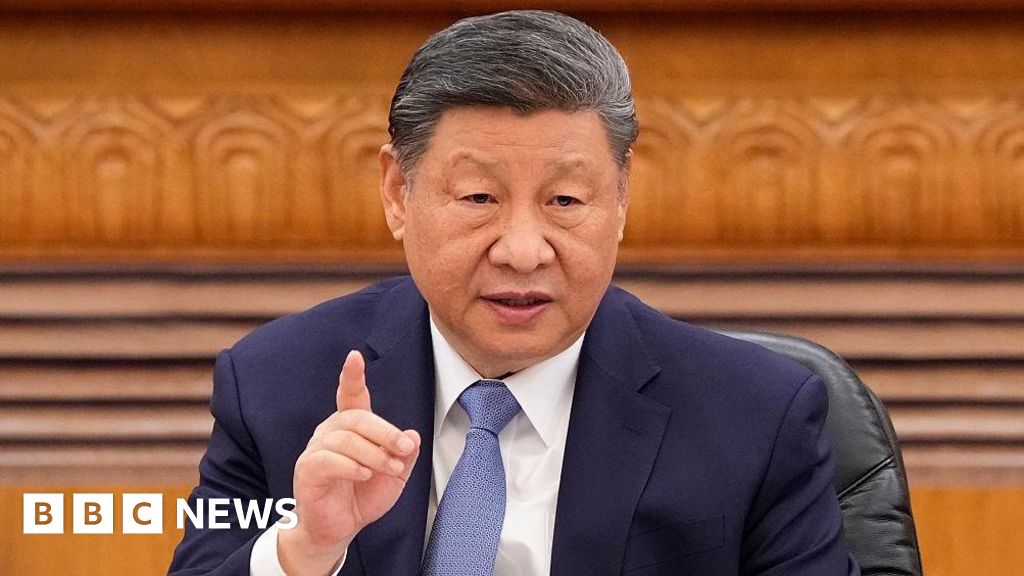After all that — the chummy Oval Office meeting, the extraordinary royal invitation, the paeans to the “special relationship” — Britain and its solicitous prime minister, Keir Starmer, still got swept into President Trump’s tariffs, along with the European Union and other major American trading partners.
Mr. Trump imposed his basic tariff of 10 percent on Britain, while hitting the European Union with 20 percent. That drew sighs of relief from Mr. Starmer’s aides, who said the difference would protect thousands of British jobs. They claimed vindication for Mr. Starmer’s charm offensive toward the American president; others said it was a dividend of Britain’s decision to leave the European Union in 2016.
Yet in another sense, it was a Pyrrhic victory: Britain was subject to the same blanket tariff as dozens of countries, even though the United States runs a trade surplus with Britain, according to U.S. statistics.
Britain clearly hopes to strike some kind of trade deal with Mr. Trump down the road, which could spare it the tariffs’ lasting effect. On Thursday, Mr. Starmer told business executives that the British would react with “cool and calm heads.”
The question is whether he will stick to his strategy — resisting pressure to impose retaliatory tariffs, for example — or fall into line with other countries, like Canada, in striking back against the United States. Downing Street said it would not impose tit-for-tat measures while trade talks were underway.
“His strategy up till now has been perfectly understandable,” said Jonathan Portes, a professor of economics and public policy at King’s College London. “If I were him, I would have done the same. Now he needs to avoid confrontation for the sake of it, but there’s no point in appeasement either.”
Professor Portes said targeted retaliatory moves might make sense as a negotiating tactic. But an across-the-board tariff on American goods, he said, would only deepen the damage to Britain’s economy, which was sputtering even before Mr. Trump announced his measures on Wednesday.
Britain has bargaining chips at its disposal, including reducing an existing 2 percent tax on digital services. Professor Portes said Britain could play hardball in other ways — for example, acting against X, the social media platform owned by Elon Musk, Mr. Trump’s ally. Critics have accused the platform of fomenting hate speech, while Mr. Musk has used X to campaign against Mr. Starmer’s government.
If Mr. Starmer fails to extract anything more from Mr. Trump after all his efforts, it could embarrass him politically. But analysts said the bigger threat was the impact on Britain’s slow-growing economy. The Office for Budget Responsibility, an independent fiscal watchdog, said tit-for-tat 20 percent tariffs could shrink the British economy by 1 percent next year. It had forecast growth of 1.9 percent.
Britain’s finances are already under extreme pressure. The chancellor of the Exchequer, Rachel Reeves, increased taxes on employers and is planning large welfare cuts to cover spending on depleted services and to meet her promise to balance the budget and get debt levels down.
Britain, with its small, open economy, is deeply vulnerable to the effects of a trade war. British officials, led by the ambassador to Washington, Peter Mandelson, have negotiated energetically with the White House to avert these tariffs. They did not retaliate against previous tariffs on steel and aluminum, or on vehicles, which came into effect Thursday.
Jonathan Reynolds, the business and trade minister who has been involved in the talks, said the watchword was “pragmatism.” On Tuesday, he told the BBC that Britain was in the “best possible position of any country” to reverse tariffs.
Britain runs either an $89 billion trade surplus or a $14.5 billion deficit with the United States, depending on whether one cites British or American statistics. (The difference rests in part on how the two sides treat offshore financial centers like Jersey and Guernsey, which are crown dependencies.) Trade in goods, with which Mr. Trump is most fixated, is relatively in balance.
Among the British exporters facing upheaval is the luxury auto industry, as carmakers like Jaguar, Bentley, Rolls-Royce and Aston Martin do not have assembly plants in the United States. More than 40,000 British businesses exported goods to the United States in 2023, according to customs data.
Mr. Starmer faces a delicate calculation in deciding how to respond to Mr. Trump. Given the president’s unpopularity in Britain, analysts said Mr. Starmer and his Labour Party could reap a short-term benefit by retaliating.
“Standing up to Trump might suit what he’s been trying to do, which is make Labour the patriotic party,” said Steven Fielding, an emeritus professor of political history at the University of Nottingham.
It would also distance Labour from Reform U.K., an anti-immigrant party whose leader, Nigel Farage, has close ties to Mr. Trump. And it would allow Mr. Starmer to draw closer to the European Union, which is expected to impose its own countermeasures.
Responding to Mr. Trump “could be a short-term political gain,” Professor Fielding said, but for Mr. Starmer in the longer-term, “any kind of tariff war could damage the economy, which will hurt his prospects for re-election.”
Source link

















